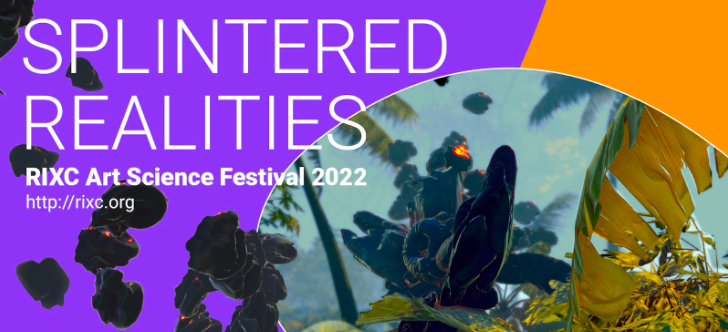-

SPLINTERED REALITIES: RIXC Art Science Festival 2022
Exciting! Check out SPLINTERED REALITIES: RIXC Art Science Festival 2022!
-
Invitation: the Create/Feminisms cluster in the Arts and Creative Industries Faculty
The Create/Feminisms cluster in the Arts and Creative Industries Facultyinvite all staff and students to log in, listen and take an active partin the following […]